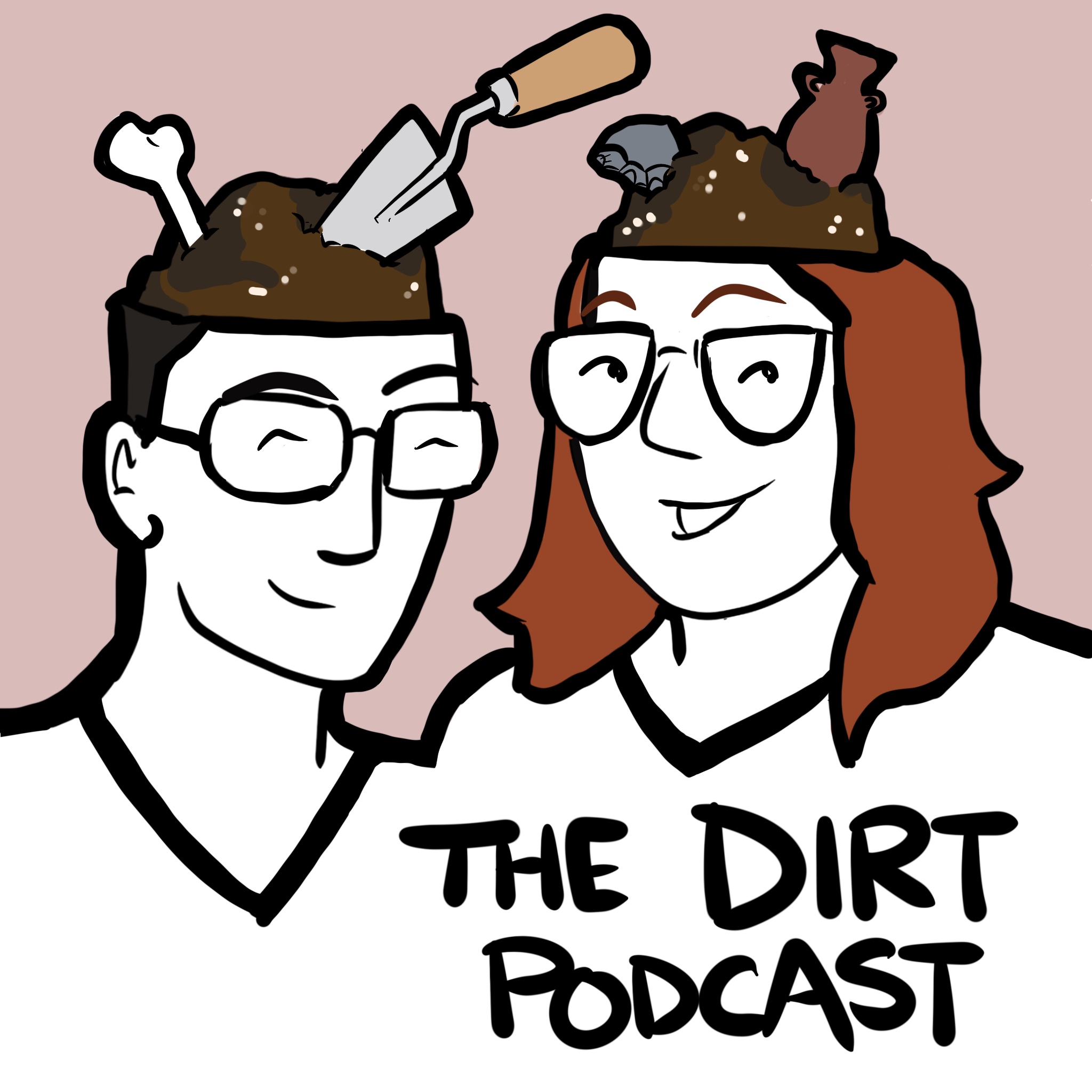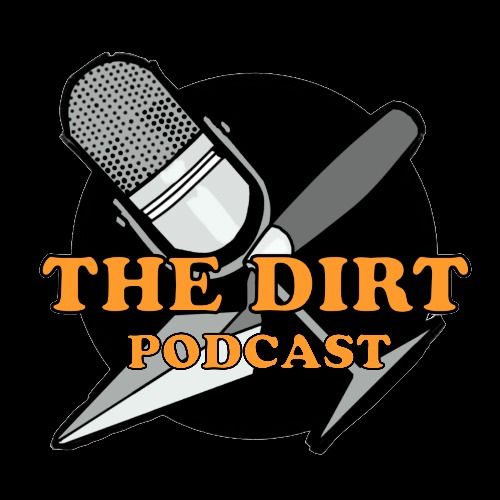Episode 228
The Dirt Lays Down the 'Lore
Spooktober 2023 reaches its climax with a special Halloween treat. Amber shares a series of spooky stories from her own childhood back in Appalachia, but not without exploring the many roles of folklore in societies-- all of 'em!
Four Functions of Folklore (The Journal of American Folklore)
Why ‘Scary Stories to Tell in the Dark’ Frightened So Many Parents in the 1990s (Smithsonian)
The Folklorist Behind Scary Stories to Tell in the Dark (JSTOR Daily)
Tailypo: A Ghost Story (Internet Archive)
Tailypo (Storytelling for Everyone)
The Best of Scary Stories for Stormy Nights (Internet Archive)
The Bean-Nighe (Pan Book of Horror Stories)
Ruth Ann Musick's Trunk of Tales: Lesson plans for The Telltale Lilac Bush and other WV Ghost Tales (Fairmont State University)
The Telltale Lilac Bush and Other West Virginia Ghost Tales (University of Kentucky)
The Greenbrier Ghost (AppLit Project)
My West Virginia Family Ghost Story (WVU Libraries)
Time and Again (Short Story Project)

